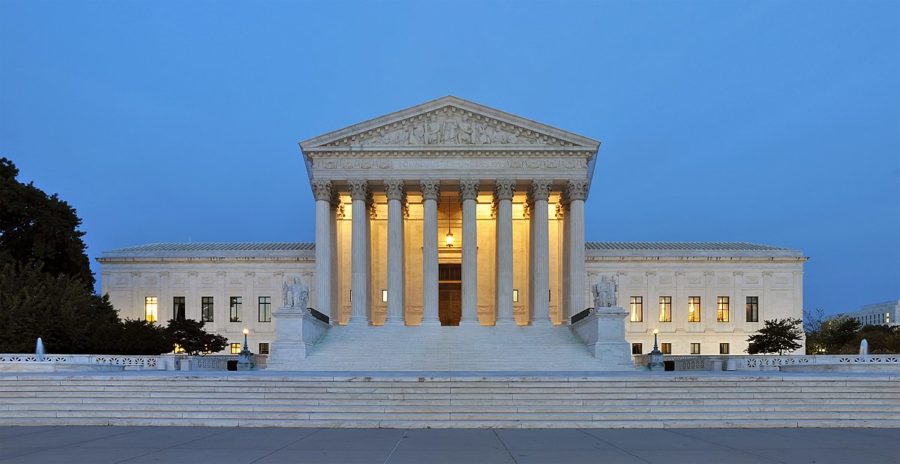Supreme Court upholds Affordable Care Act for third time
The Supreme Court voted to uphold the Affordable Care Act for the third time, despite efforts from states like Texas claiming it was no longer constitutional.
June 25, 2021
On June 17, the Supreme Court released a ruling on the recent challenges to the constitutionality of the Affordable Care Act (ACA) — more specifically, the individual mandate that requires all citizens to obtain health insurance. In California vs. Texas, the Supreme Court ruled to uphold the act in question in a 7-2 vote.
In this case, Texas, as well as several other states, claimed because the individual mandate of the ACA was set to zero, essentially eliminating the tax for noncompliance, the ACA itself was no longer constitutional. This would have led to the dismantling of the ACA, despite many of the pillars of its existence providing relief to millions of Americans.
Karen Kedrowski, director of the Iowa State Carrie Chapman Catt Center for Women and Politics, offered some insight into the debate.
“The plaintiffs argued that if one part of a law is unconstitutional or, in this case, unenforced, then the entire law is unconstitutional and should be struck down,” Kedrowski said. “This is a curious argument since there are numerous cases where the courts have struck down one portion of a law and the other portions of the law stand.”
The Supreme Court avoided the claim posed by Texas, never actually considering its merits. Instead, the courts focused on either party’s right to sue. The justices found that Texas had no real ground to stand on, having shown no real injury or damages that would merit a lawsuit.
“In some ways, this was an easy out for the Court because by focusing on standing, the Court then sidestepped the issue of the ACA’s constitutionality,” Kedrowski reasoned. “The Court is correct, however, in stating that Texas has no standing. Enforcing the individual mandate would have impacted individual citizens of Texas. However, the state of Texas had no harm if individual Texans weren’t taxed for not purchasing insurance.”
Associate Justice of the Supreme Court Samuel Alito led the opposing opinion that Texas as well as other states had shown substantial damages as a direct result of the individual mandate’s recently lowered penalty tax.
Alito argued the states continually suffer damages simply by complying with the ACA. He argued states have a standing to “seek relief” from “ACA provisions requiring them to offer expensive health insurance coverage for their employees” and things like “burdensome reporting obligations.”
The justices came to the conclusion that the states had no standing in their suit against the federal government in a vote far less close than in previous ACA Supreme Court cases.
“Public rhetoric aside, most political observers and leaders agree that the ACA will stay on the books because so many people benefit,” Kedrowski said. “There is also fairly widespread agreement that the ACA needs some improvement, but just what that improvement should be is the source of disagreement.”
Because the Supreme Court never considered the case brought forward by Texas, it could be brought to court again. That is assuming any party can demonstrate injury or damages sustained due to the ACA and the taxless individual mandate. The Supreme Court could be dealing with the ACA again in the future.
In the meantime, the Supreme Court takes on more close and controversial cases. Most recently, the Court ruled in favor of the First Amendment in Mahanoy Area School District v. B.L. In this case, the Supreme Court considered how far a school district can regulate off-campus student speech. The Supreme Court will continue to represent the most impactful decisions in government, helping to balance the systems in place.







